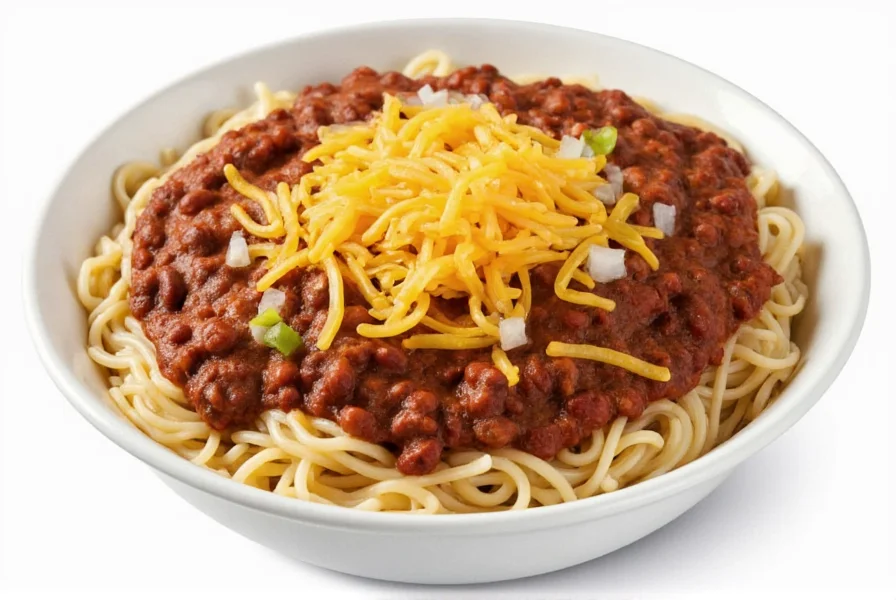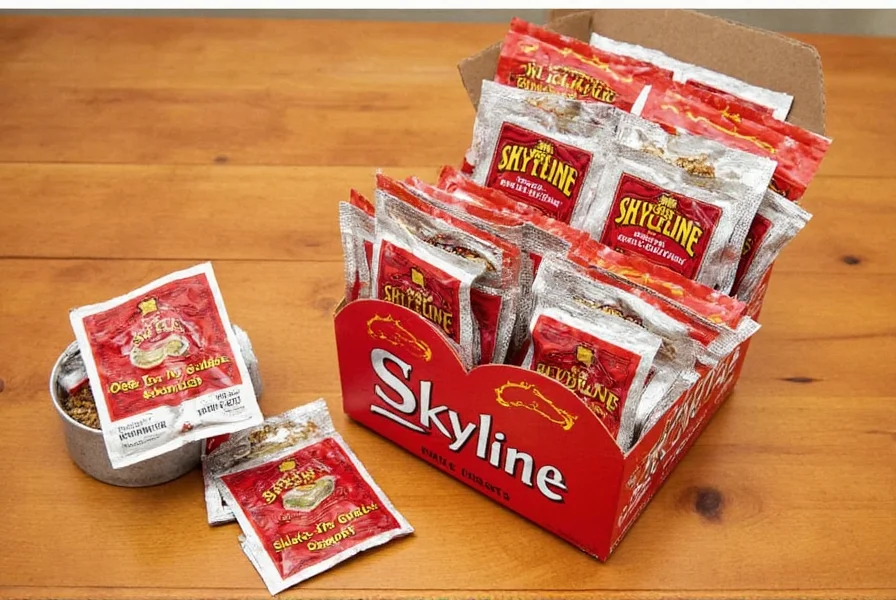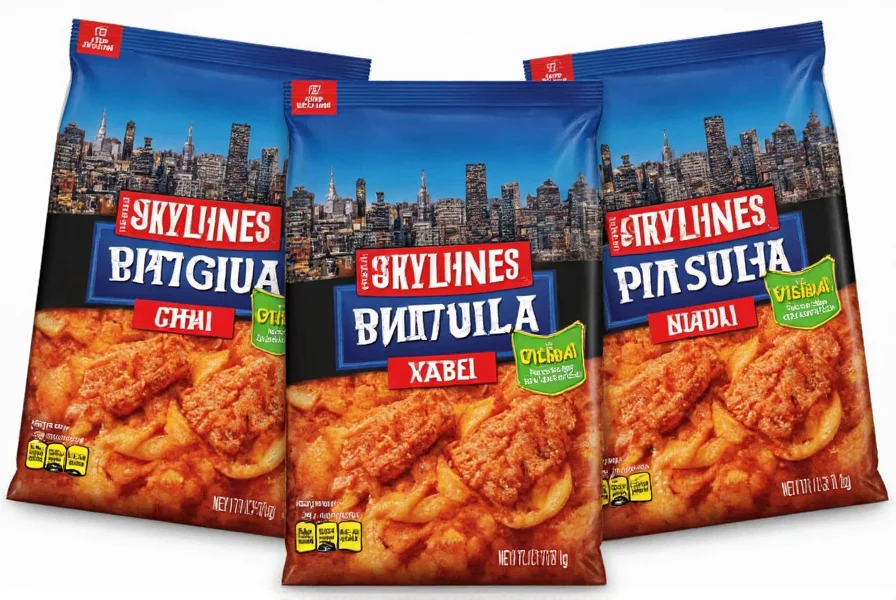For Cincinnati natives and curious food enthusiasts alike, Skyline chili packets offer a convenient way to recreate the city's iconic culinary specialty at home. Unlike standard chili seasoning mixes, these packets produce a distinctive Mediterranean-inspired flavor profile that defines Cincinnati-style chili.
Understanding Skyline Chili Packets
Skyline chili packets contain a carefully balanced blend of spices that create Cincinnati's famous regional dish. Developed from the original Skyline Chili restaurant recipe founded in 1949, these seasoning mixes capture the essence of what makes this chili style unique. The packets typically include a combination of chili powder, cumin, garlic, cocoa, cinnamon, and other proprietary ingredients that give Cincinnati-style chili its distinctive sweet and complex flavor.
What sets Skyline chili seasoning apart from conventional chili mixes is its emphasis on warm baking spices rather than intense heat. This reflects the Macedonian heritage of Skyline's founders, who adapted their traditional cooking to American ingredients. The resulting flavor profile features subtle notes of chocolate and cinnamon that complement rather than overwhelm the tomato and meat base.
Authentic Preparation Method
Using Skyline chili packets correctly ensures the most authentic Cincinnati-style chili experience. The standard preparation involves:
| Ingredient | Measurement | Notes |
|---|---|---|
| Skyline chili packet | 1 packet (1.3 oz) | Use entire packet |
| Ground beef | 1 pound | Brown thoroughly |
| Water | 1 can (15 oz) | Use tomato sauce can to measure |
| Tomato sauce | 1 can (15 oz) | Not tomato paste |
Begin by browning one pound of ground beef completely, draining excess fat. Add one 15-ounce can of tomato sauce and one can of water (using the empty tomato sauce can as your measure). Stir in the entire contents of one Skyline chili packet. Simmer uncovered for 30-45 minutes, stirring occasionally, until the chili reaches your desired consistency. Unlike traditional chili, Cincinnati-style requires no additional spices when using authentic Skyline packets.
Serving Cincinnati-Style Chili Correctly
The proper presentation of Skyline-style chili differs significantly from conventional chili serving methods. Authentic Cincinnati chili is always served over spaghetti with specific topping combinations known as ways:
- 3-way: Chili + spaghetti + shredded cheddar cheese
- 4-way: 3-way plus either beans or onions
- 5-way: 3-way plus both beans and onions
This unique serving style reflects the dish's origins as a topping rather than a standalone soup. The spaghetti base provides a neutral foundation that balances the complex spice profile of the chili. Many newcomers to Cincinnati-style chili make the mistake of serving it like traditional chili in a bowl without spaghetti, which misses the authentic experience.

Customizing Your Skyline Chili Experience
While the classic preparation delivers authentic flavor, home cooks can make thoughtful adjustments to suit personal preferences without compromising the essential character of Cincinnati-style chili:
- Heat adjustment: Add a pinch of cayenne pepper for extra warmth while maintaining the signature flavor balance
- Meat variations: Substitute ground turkey for a lighter option while keeping the same preparation method
- Texture control: Simmer longer for thicker chili or add water for a more pourable consistency
- Enhanced depth: Stir in a tablespoon of apple cider vinegar near the end of cooking to brighten flavors
Avoid common mistakes like adding kidney beans directly to the chili (they belong as a topping in 4-way and 5-way preparations) or using tomato paste instead of tomato sauce, which creates an overly thick, acidic product.
Finding Skyline Chili Packets
Skyline chili seasoning packets have expanded beyond their Cincinnati origins and are now available through multiple channels:
- Major grocery chains including Kroger, Meijer, and Giant Eagle
- Online retailers like Amazon and the official Skyline Chili website
- Midwestern regional supermarkets nationwide
- Some international grocery importers for overseas enthusiasts
When purchasing, look for the distinctive Skyline Chili logo and check the ingredient list to ensure you're getting the authentic regional product rather than a generic "Cincinnati-style" imitation. The genuine packets prominently feature the Skyline name and typically come in boxes containing multiple individual seasoning packets.

Skyline Packets vs. Homemade Cincinnati Chili Spice Blend
While some enthusiasts attempt to recreate the Skyline flavor from scratch, the proprietary blend presents challenges for home replication. The official packets offer several advantages:
- Consistent flavor profile with each preparation
- Perfect spice balance without trial and error
- Time savings compared to measuring multiple individual spices
- Authentic taste that captures the restaurant experience
That said, making your own blend allows for customization and can be more economical for frequent preparation. If attempting a homemade version, focus on the distinctive combination of cocoa powder, cinnamon, and allspice that defines Cincinnati-style chili, but expect some variation from the commercial product.











 浙公网安备
33010002000092号
浙公网安备
33010002000092号 浙B2-20120091-4
浙B2-20120091-4